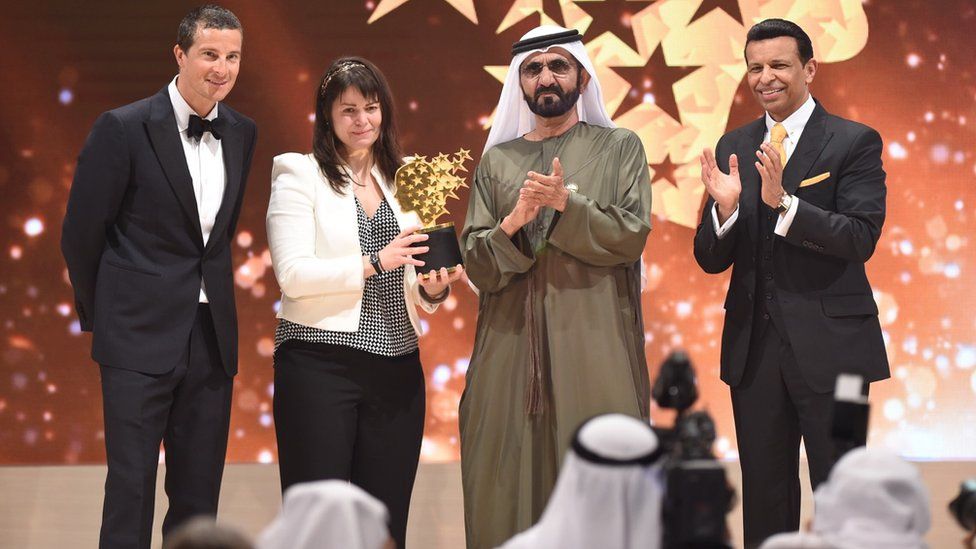The European Union grants citizenship rights to any national of the EU regardless what state they currently reside. But, granting of citizenship rights to international nationals is a complicated problem and each member state chooses on citizenship processes. In accordance with Bridge and Watson, European cities have levels of international nationals from as little as about 14 % in Paris to as large as 32 % in Amsterdam ANA GLOBAL.
Version to worldwide business, thus, is not as easy as combining the lifestyle and business practices of numerous countries. Version is a learning method according to McCall and Hollenbeck (2002). The training method moves beyond business, they say. International business is business; nevertheless, in social contexts, adapting to the lifestyle is a harder session to learn without experiencing it as an expatriate.
U.S. business has a extended strategy to use to overcome barriers to adaptation. McCall and Hollenbeck (2002) provide a view of barriers in the proper execution of classes realized by global professionals versus U.S. executives. Among global professionals answering overcoming the barrier of lifestyle, they responded understanding yet another language was the number one talent followed by researching a specific lifestyle and how to call home for the reason that culture.
Executive felt these skills were necessary (Table 4-1, pg. 95). Furthermore, McCall and Hollenbeck’s research proposed that global professionals are far more conscious of operating a business while U.S. counterparts are worried about specialized knowledge.
In primary and handling others, global professionals want to learn to help keep persons motivated and committed while U.S. professionals are worried about directing and encouraging followed by management values.
But, U.S. business rates 2nd among 59 countries scored on ten financial criteria for worldwide competitiveness (Rosen, 2000). Using this statistic, the U.S. business is start and economically secure, has the engineering, labor power, and infrastructure appealing to global business.
Another barrier to effective worldwide control, addressed over, is education and developing experiences (McCall & Hollenbeck, 2000). Leaders mentioned education and developing experiences next among 18 experience categories. But, worldwide leaders mentioned it more regularly than U.S. domestic leaders.
McCall and Hollenbeck unearthed that significantly more than one-third of developing and educational competencies they scored originated from high school, college, and scholar school learning.
Senge (1990) needed a step toward organizational understanding in The Sixth Discipline and McCall and Hollenbeck take it further describing that organizational understanding must be active, have a worldwide perception, have large objectives, and reflect the worldwide nature and cultures of the organization.
A current tv advertisement shows personnel ranking about their personal data arrays bemoaning the communications they’re receiving from different group members. They are bewildered and dismayed that the communications require their worldwide business strategy. Looking among one another, they question when they have a worldwide business strategy. We very nearly have to end, they have none.
Of course, the offer is offering a communications product maybe not business strategy. However, how did these experts end up in this scenario? Were they aware that global business involves changes? Planning worldwide is a procedure that begins with chief perspective and foresight and may take decades to successfully accomplish.
Leaders who definitely scan the horizon for new opportunities also see the challenges the opportunities present. They see barriers, not as hindrances, but brief pauses in their forward movement. Like doing a power subject evaluation for change, leaders examine barriers for ways to minimize negative makes and improve good forces.
The emphasis with this debate is on changes companies can face when going global. Changes recommend the business and its leaders have to become conscious of potential barriers creating a navigation strategy to overcome them. Furthermore, social relations among personnel on a worldwide airplane can mean a different socio-technical climate.
